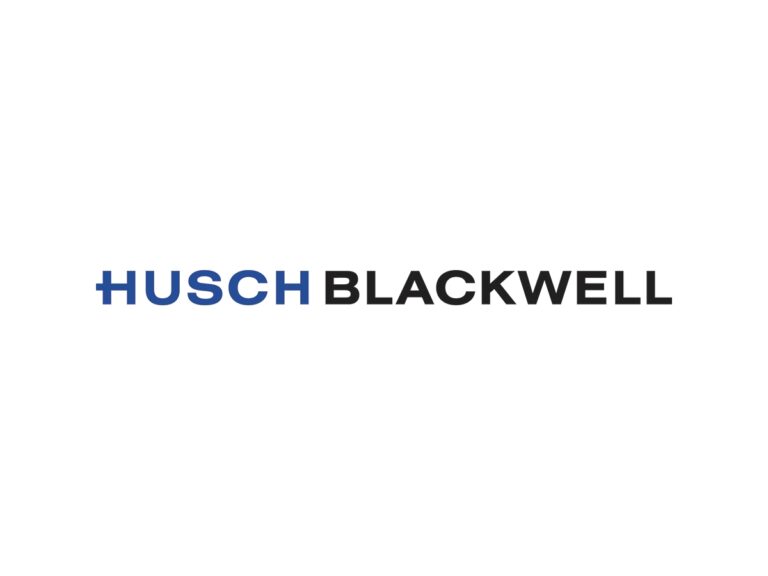
In July the Corporate Legal Operations Consortium (CLOC) published a best practice guide to matter management, titled “Matter Lifecycle Management (MLM) for Legal Teams.” This resource is geared for lawyers and legal operations professionals who handle the workflow of matters and manage all aspects of the lifecycle. On September 8th, members of the CLOC 2.0 Legal Project Management Committee hosted the first of five webinars geared to introducing the domain of matter management and the best practices in each area of the lifecycle. As Husch Blackwell’s Legal Operations team begins its own series of matter management webinars for our legal teams, I thought I would highlight a few areas within the MLM guide and encourage the community to join the next session, tomorrow over the lunch hour.
Why focus on matter management?
Law departments are continually aiming to do more with less and need frameworks to improve their business operations and leverage the technology at their disposal. Providers of legal services are aiming for an exceptional client experience through excellence in communication throughout a matter. This requires all stakeholders to agree on goals and expectations and to clarify roles, responsibilities, costs and outcomes. Matter management works best as a systematic approach where the consistent application of best practices enables quality deliverables and the continuous improvement of the process.
During the initial CLOC webinar Scott Rosenberg from Unbiased Consulting, David Rueff of Baker Donelson, supported online by Aileen Leventon of Law Strategy Coach, focused on the need for law departments to apply best practices in order to become more pro-active in their approach to matter management. One example was the current reliance on e-billing platforms to surface issues where a vendor may not be complying with a law department’s outside counsel guidelines. While these tools are helpful, they are lagging indicators of how a matter was managed. What law departments need instead is an early warning system to detect scope changes and their budget implications and provide greater visibility into a team’s execution.
In every workshop Husch Blackwell conducts, our team emphasizes three core principles of matter management, which appear regularly within CLOC’s MLM guide. First, planning beats damage control. Lawyers want to build a fence around their clients to protect them from making mistakes in the first place. All too often, lawyers are brought in after an issue has arisen and need to react in the best way possible. Second, keep all stakeholders in the loop at all times. Matter management is 90% communication. Finally, measure what you want to manage. Matter intake is the perfect place to capture information for triage, workflow and reporting. Matters vary considerably in their size and complexity. Husch Blackwell’s Legal Operations team, like CLOC, thinks of matter management as an accordion, which expands and contracts with the needs of a particular situation.
As law departments become an even more strategic resource for their company, skillful matter management also translates into effective project management as lawyers contribute to enterprise-wide initiatives. In the first webinar the CLOC presenters recommended aligning matter lifecycle management with the company’s other process improvement initiatives. One of Husch Blackwell’s clients took this proposition one step farther during a recent matter management training program. The associate general counsel were interested in how to encourage these same best practices in project meetings with their other business units and functional areas. Leading change to enhance the success of a company-wide project reinforces the perception that the legal department is business and commercially minded and can speak the language of the other business units.
The MLM guide is available through the CLOC website. I would highly recommend attending tomorrow’s session by CLOC’s LPM 2.0 Committee on Matter Intake.
[View source.]